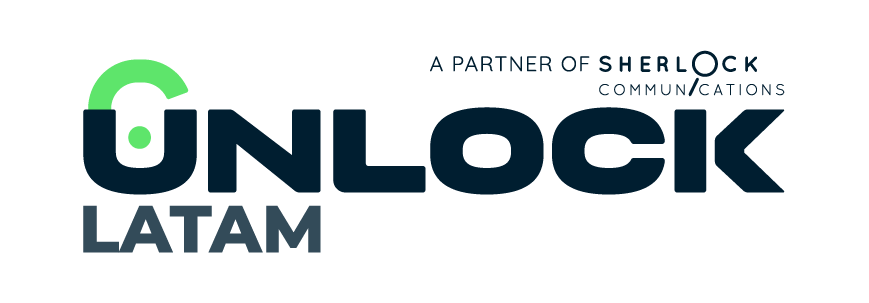Software Licensing: Tips to Avoid Legal Issues
Expanding into Latin American markets brings tremendous opportunities, but navigating SaaS software licensing can become a legal minefield without proper guidance. Software licensing violations result in costly penalties, business disruptions, and damaged reputations, while companies that proactively address SaaS software licensing compliance position themselves for sustainable growth and avoid unnecessary legal exposure.
Here’s how to protect your business and ensure compliance success.
Key Differences in SaaS Software Licensing Models
SaaS software licensing forms the backbone of modern business operations, particularly for companies scaling across international markets. These agreements define how software can be used, distributed, and modified within specific geographical boundaries. The fundamental difference between traditional software licensing and SaaS models lies in the delivery method and ongoing service obligations, while traditional licenses grant ownership of software copies, SaaS agreements provide access rights to cloud-based services.
Latin American markets present unique challenges due to varying intellectual property laws and regulatory frameworks. Countries like Brazil, Mexico, and Colombia each maintain distinct approaches to software licensing enforcement and compliance requirements, making it essential to understand these nuances early to prevent costly legal disputes and ensure smooth market entry.
Common Legal Pitfalls in Software Licensing
Many businesses fall into predictable traps when managing software licensing across Latin American jurisdictions. The most frequent mistake involves assuming that licensing agreements valid in one country automatically apply to neighboring markets. License scope violations occur when companies exceed authorized usage limits or deploy software in unauthorized regions.
The most common violations include unauthorized software modifications, exceeding user count limitations, cross-border data transfer violations, and inadequate vendor due diligence. Another critical pitfall involves inadequate documentation and tracking systems, as companies that cannot demonstrate compliance during audits face significant penalties.

Essential Compliance Strategies for Latin American Markets
Developing robust compliance strategies requires understanding both regional regulations and industry-specific requirements. Each Latin American country maintains unique approaches to software licensing enforcement, making standardized compliance challenging but not impossible.
Implementing centralized license management systems helps organizations maintain visibility across all software deployments and usage patterns. These systems should track license types, expiration dates, and geographical restrictions in real-time.
Due Diligence Best Practices for Software Agreements
Thorough due diligence during software procurement protects organizations from unexpected legal exposure and operational limitations. This process begins with a comprehensive vendor evaluation and extends through ongoing relationship management.
Contract negotiation should address specific Latin American market requirements, including local data protection laws and cross-border transfer restrictions. Many standard software agreements lack provisions for regional compliance requirements.
Globalization is no longer an external factor for SaaS. It is transforming the industry itself. Companies that adapt their products and customer experiences to diverse markets will be the ones to thrive in a truly borderless cloud economy.
Key Due Diligence Areas
Effective software procurement requires thorough evaluation across multiple critical dimensions to ensure legal compliance and operational success.
Vendor Verification: Confirm software providers maintain proper licensing rights for Latin American distribution and have established legal entities in target markets.
Compliance Documentation: Request detailed compliance certificates and audit reports demonstrating the vendor’s adherence to regional regulations and industry standards.
Support Capabilities: Evaluate vendor capacity to provide local language support and understand regional business practices that may impact software implementation.
Technology Transfer and IP Protection Considerations
SaaS software licensing often involves technology transfer elements that require additional legal consideration in Latin American markets. These transfers may trigger specific reporting requirements or regulatory approvals in certain jurisdictions. Intellectual property protection strategies must align with software licensing agreements to ensure comprehensive legal coverage.
Key considerations include trademark registration for software brands, patent protection for proprietary algorithms, trade secret protection for customized implementations, and copyright compliance for documentation. Local partnership agreements may impact software licensing terms, particularly when involving technology sharing across jurisdictional boundaries.
Ready to Scale Your Latin American Operations Safely
Navigating SaaS software licensing complexity across Latin American markets requires specialized expertise and deep regional knowledge. Unlock Latam’s experienced team combines legal compliance expertise with practical business intelligence to help you avoid costly mistakes while accelerating market entry.
Looking for more guidance? You might find these resources helpful in planning your next steps:

Your Trusted Partner in LATAM Expansion
From market research to legal compliance, we guide your business every step of the way.
